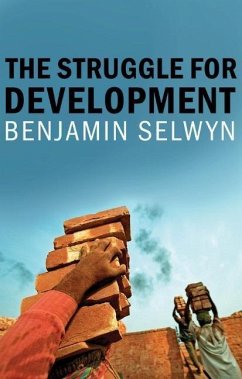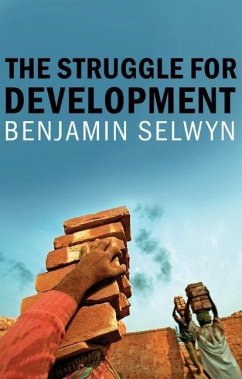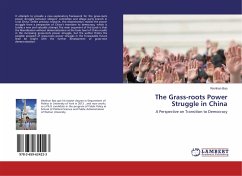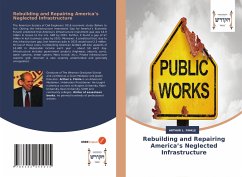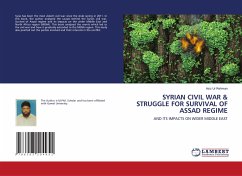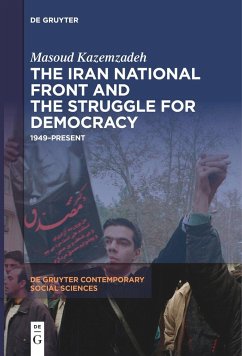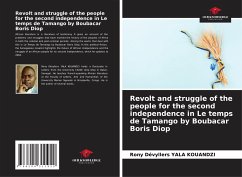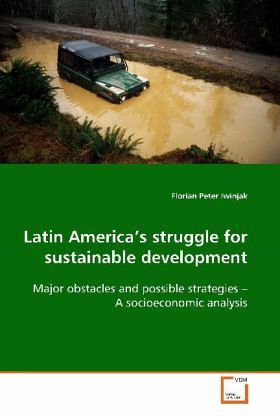
Latin America's struggle for sustainable development
Major obstacles and possible strategies A socioeconomic analysis
Versandkostenfrei!
Versandfertig in 6-10 Tagen
39,99 €
inkl. MwSt.

PAYBACK Punkte
20 °P sammeln!
Sustainable development has become prominent in the international debate since the Rio Summit in 1992 and represents a major challenge for Latin America. Problems like inequality in asset distribution, instability of economic growth and destruction of ecosystems make sustainability in the region currently impossible. Nevertheless there are ways to get back on the track of sustainability. In this book the author first outlines the emergence of sustainability as a global principle. He then analyses major obstacles to sustainable development in Latin America. Major problems include high dependenc...
Sustainable development has become prominent in the international debate since the Rio Summit in 1992 and represents a major challenge for Latin America. Problems like inequality in asset distribution, instability of economic growth and destruction of ecosystems make sustainability in the region currently impossible. Nevertheless there are ways to get back on the track of sustainability. In this book the author first outlines the emergence of sustainability as a global principle. He then analyses major obstacles to sustainable development in Latin America. Major problems include high dependence on foreign capital, infrastructure deficiencies, political instability, a weak institutional framework, heavy pollution and vulnerability to climate change. It all comes together in the 'infinite loop for constant improvement' which shows the causal relationships between these factors. Build on a framework for sustainable development strategies several ways to improve the situation are proposed. This book is written for policy makers, social scientists and students interested in either sustainable development or Latin America or both combined.




